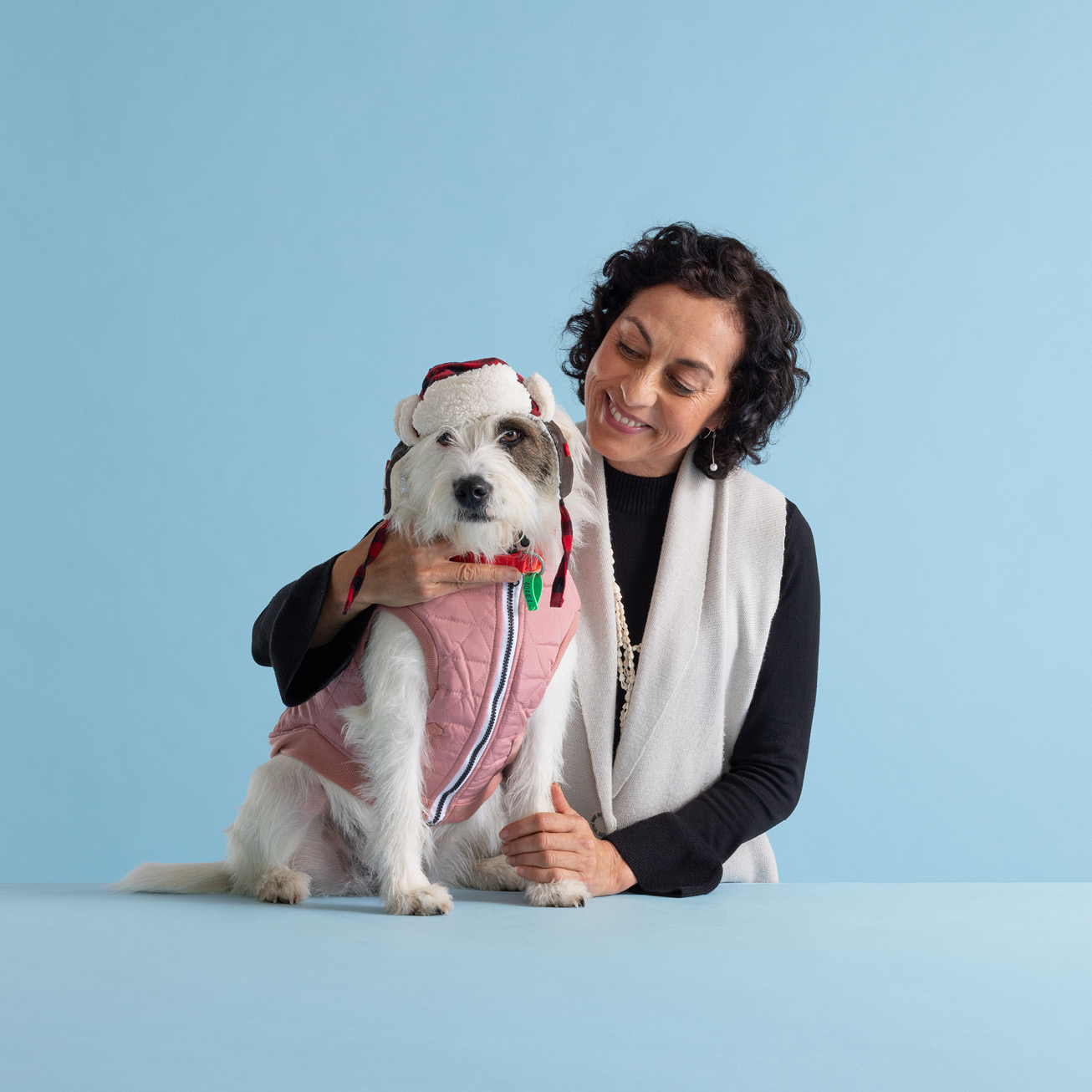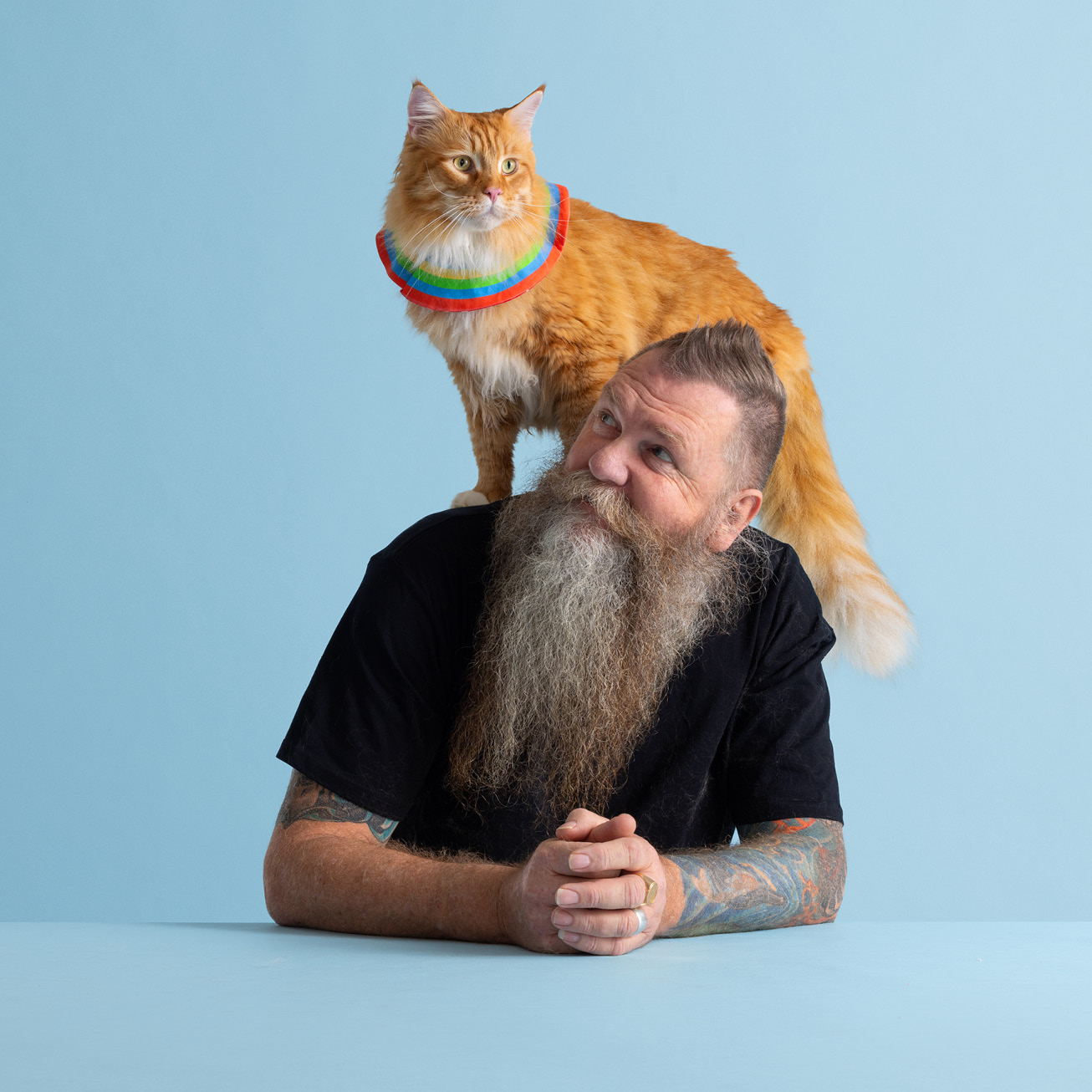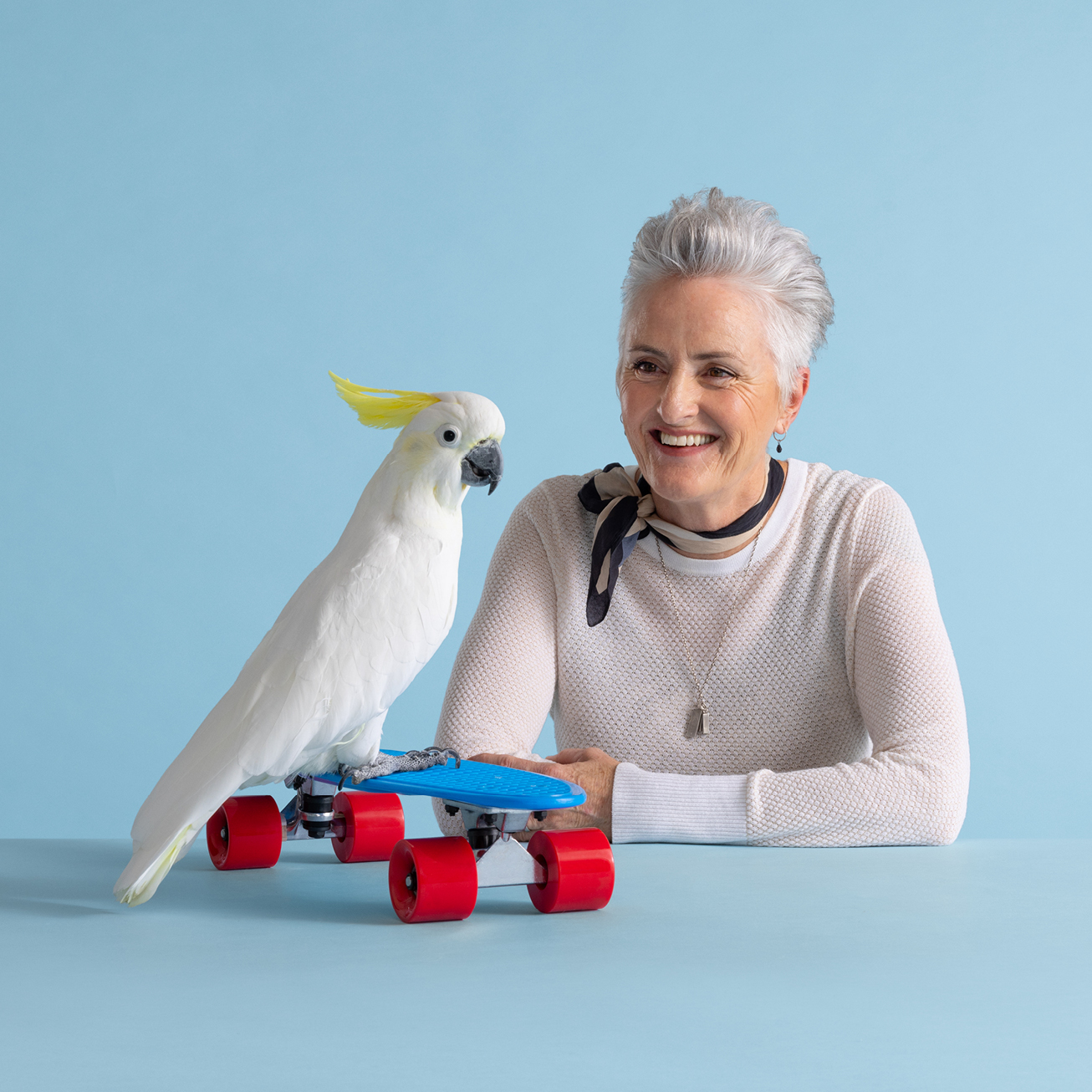Whether you’re a cat person or a dog person, fish fanatic or lizard lover, pets can bring great joy and companionship into our lives.
But while loving our pets is easy, being a responsible pet owner takes more effort. It means doing everything we can to keep our pets happy, healthy, and safe, while also preventing them from causing harm to our precious natural environment and the community.
By taking the time to learn about what it means to be a responsible pet owner we can ensure our pets, native plants and animals all have the space they need to thrive. Want to make sure you’re playing your part? Here’s what it means to be a superstar owner of some of our most-loved types of pets:
Dogs

Loving and loyal, a dog can be a wonderful addition to your whānau. But as anyone with a canine companion knows, they also need careful management to ensure they don’t cause nuisance or harm to other animals, people, or the environment.
Some basic steps you can take as a responsible dog owner include making sure your dog is registered, de-sexed and microchipped; keeping your dog under control at all times (especially around children and native wildlife); observing rules around where dogs are/aren’t allowed and where leashes are required; and of course—always picking up your pooch’s poop!
Another part of being a responsible dog owner is ensuring your dog has enough stimulation and exercise. Not only will this keep them happy and healthy, it will prevent destructive behaviours like barking and biting.
Find more information about being a responsible dog owner.
Cats

Cat’s are Aotearoa’s most popular pet, occupying an estimated 44% of New Zealand homes.
If we let our beloved cats out to roam, they could be hit by cars, or kill native birds, bats, lizards and insects. The best way to prevent this is to keep cats at home, or at the very least, inside overnight. If they are allowed outdoors, a bright collar or bell can help warn birds and other wildlife of their presence.
Other steps all responsible cat owners should take include ensuring their cat is de-sexed (to avoid more kittens without forever homes) and microchipped. Keeping your cat well-fed with a diet that includes meat and stimulated with games will also reduce their urge to hunt.
Find more tips on being a responsible cat owner.
Fish
Cute, colourful and compact, it’s hard to imagine how your harmless little Nemo could ever cause any mischief.
The trouble starts when pet fish are released into the wild, either deliberately or because a pond has overflowed. When this happens, pet fish can wreak havoc on our natural waterways—outcompeting native species, degrading water quality, introducing parasites and disease and eating native insects, fish eggs and plants. What’s worse: they can spread and breed quickly, making pet fish difficult to get rid of once they are established.
The good news is that avoiding this mayhem is easy. All you have to do is keep them well away from waterways, which means never releasing them into the wild and, if you have an outdoor pond, ensuring it is securely contained. If you can no longer care for your fish, it’s important to find a new owner, return it to the pet store or find a fish rehoming group on Facebook.
Find more tips on being a responsible pet owner and protecting our environment.
Birds

Much like fish, pet birds can upset our delicate ecosystem when released into the wild. Unlike fish, they can fly, meaning escapees are common.
Once they’re lost from home, pet birds can impact native species, especially native parrots such as kākāriki and kākā, by introducing diseases and taking away food resources and places to nest.
To prevent this, a responsible bird owner will ensure their birds are securely contained at all times, and give them enough space and quality food to meet its behavioural needs. If they’re no longer able to look after their pet bird, they will find someone else who can give it a long term home or look for a bird rescue centre.
Find more tips on being a responsible pet owner and protecting our environment.
Bunnies
If you’ve ever heard the phrase “breed like rabbits”, you can imagine the issue that pet bunnies pose in the wild. Letting them go outside the home means turning them from pets into pests, which doesn’t serve the bunny or the environment well.
Aside from their ability to multiply rapidly, bunnies dig up vegetation and create holes in the ground. This is bad for native ecosystems and poses a health and safety risk, as people can easily trip in rabbit holes.
Being a responsible bunny owner means keeping your pet rabbit securely contained at all times, ensuring its behavioural needs are met, and never releasing the bunny in the wild. Importantly, it means finding someone who can give it a long-term home or a rescue centre if you can no longer take care of it.
Find more tips on being a responsible pet owner and protecting our environment.
Turtles
Red-eared sliders are the most popular pet turtle and are usually adorably tiny when you first buy them. What many people don’t realise is that they can grow to the size of dinner plates, leading many turtle-owners to find they’ve bitten off more than they can chew.
When this happens, many owners think they’re doing their pet a favour by setting it free outdoors. Unfortunately, this can be dangerous for the turtle as well as the environment. As omnivores, turtles eat a wide variety of aquatic plants as well as fish, baby birds, insects, lizards and frogs, putting more strain on an already stressed ecosystem.
The first step to being a responsible turtle owner is to realise that turtles are long-term pets (they can live for more than 30 years!), and to think carefully about whether you can handle one once it’s fully-grown. Keeping turtles securely contained at all times is a must, and if you can no longer care for them, find a new owner or take them to a turtle rescue centre.
Find more tips on being a responsible pet owner and protecting our environment.
Thank you!
Finally, we want to acknowledge and celebrate all the responsible pet owners who are playing their part to make Tāmaki Makaurau a great place for pets, the community and native wildlife alike. We thank you for your mahi and hope you’ll encourage friends and family to be just as awesome as you.
